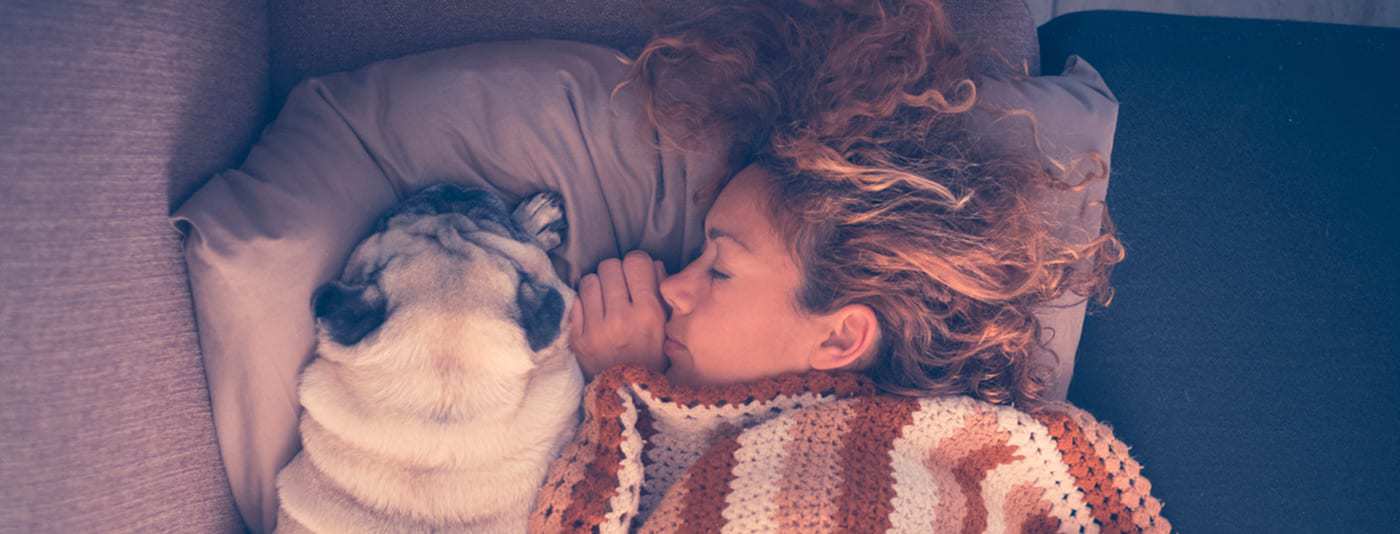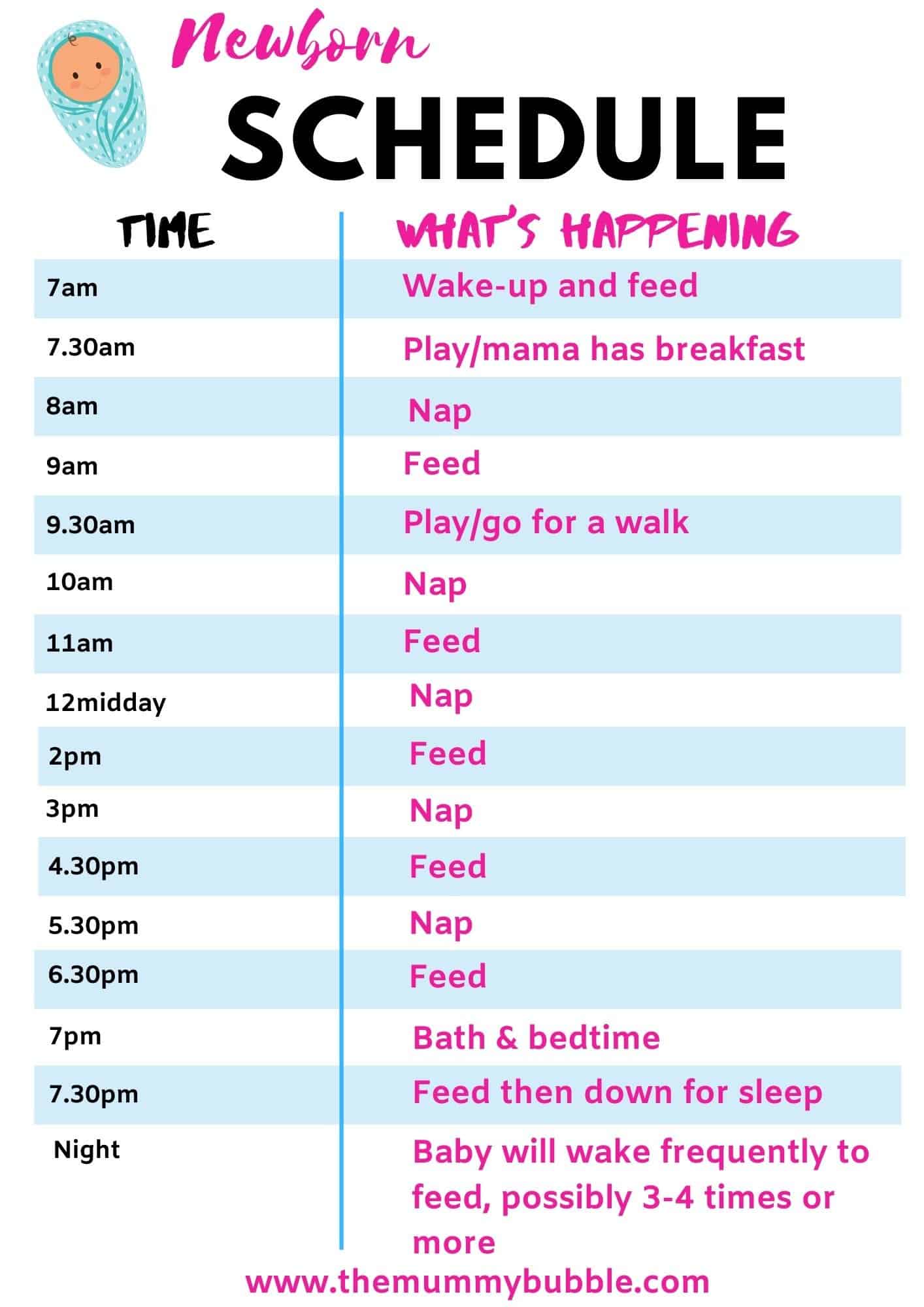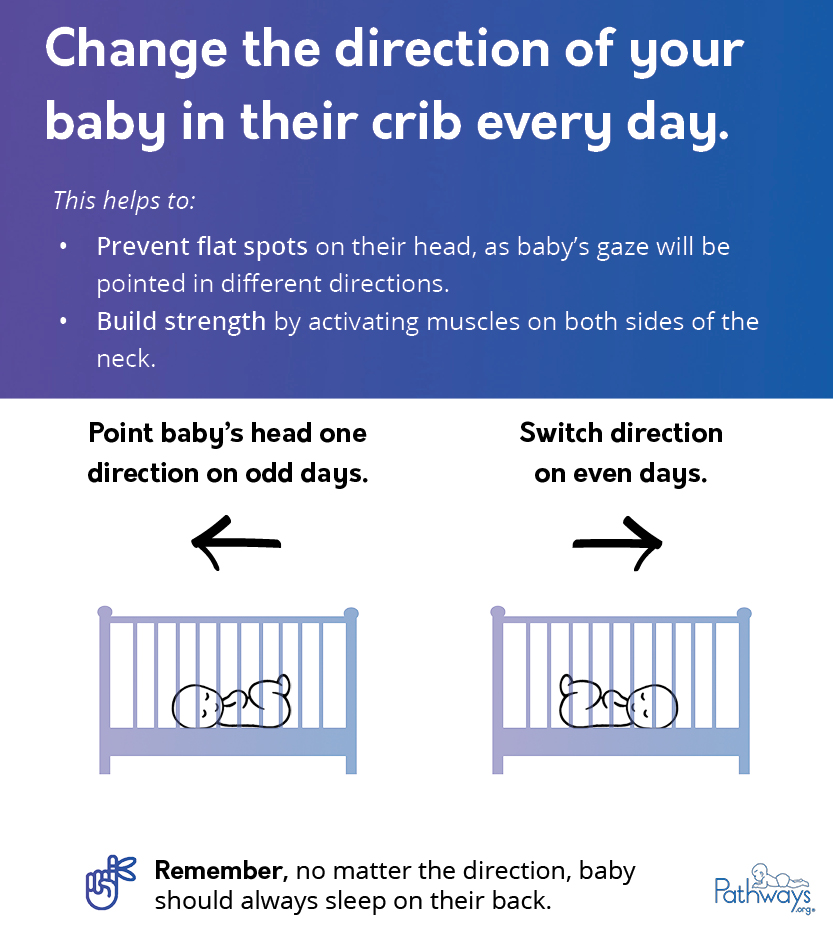Sleeping 6 hours a day is good for heart health Many studies have said that good sleep is six to eight hours. You may be surprised that research shows its not healthy to get 6 hours of sleep.
 I Got Used To Sleeping For Only 6 Hours Or Sometimes Less Is That Bad Quora
I Got Used To Sleeping For Only 6 Hours Or Sometimes Less Is That Bad Quora
Its often after a good solid eight hours of sleep we feel rested and rejuvenated.

Is 6 hours of sleep bad. They were required to sleep for four six or eight hours if they were lucky. A 2011 analysis of about 50 studies found a connection between getting less than 6 hours of sleep a night and increased obesity risk. Meanwhile the groups that slept 0 to 4 hours a night show the lowest functionality and intellectual performance.
Especially dangerous if youre travelling working in an open-plan office or commuting on public transport. You usually feel more refreshed and energized if you wake up at. Getting less than 7 hours of sleep on a regular basis can eventually lead to health consequences that affect your entire body.
Experts also suspect that feeling tired or fuzzy-headed after sleeping four to six hours is a signal that something is wrong. These results could therefore that the opinion that the experts gave us for so many years was not correct. According to recent research six hours of sleep is where that point begins.
A new study showed that a person taking 6 hours of sleep functions just as bad as someone who stayed awake. Studies over the years have all declared different figures for the optimum number of hours of sleep we should be getting every night. Although some people do well on 6 hours of sleep many of them do not feel any better compared to those getting up to 8 hours of rest.
While you may be able to function on six hours of sleep every now and then six hours of sleep is not enough. For those who wonder is 6 hours of sleep enough the answer to this is it depends. Regularly not getting enough sleep.
Ideally you want to wake up at the end of a sleep cycle instead of in the middle of it. A new study suggests that regularly getting six or fewer hours of sleep has the same effects on the body as binge drinking and alcohol abuse. The gene that allows for 6 hours sleep to feel refreshed is only found in 3 of people.
This study was published in the Journal Sleep and featured 48 adult subjects with restricted sleep hours. Six full cycles are about 9 hours of sleep. Six Hours of Sleep Can Be Just as Bad as Not Sleeping at All.
A study said that sleep for six to eight hours overnight was very beneficial for the heart. In fact its as bad as no sleep. A sleep depravation study published in Sleep took a group of adults and monitored their sleep for two weeks.
Extended periods of tiredness living on 6 hours sleep increases the risk of high blood pressure heart issues and anxietydepression especially in night shift workers We get ill more. Published 1 month ago. Six hours sleep a night is enough say scientists Findings from research published this week show modern humans get no more or less sleep than their ancestors did.
This is because lack of sleep increases the bodys hunger. Sleeping 6 hours could be as bad as not sleeping. The most perplexing group is.
If you sleep for 6 hours daily and feel fine not needing a midday nap then perhaps you just dont need anything more. They might not even realize how bad they feel. One of the most alarming results from the sleep study is that the six-hour sleep group didnt rate their sleepiness as being all that bad even as their cognitive performance was going downhill.
Heres how long you should be sleeping. According to the recent sleep deprivation study people who were allowed only 6 hours of sleep per night for two weeks eventually function as poorly as those who were forced to stay awake for 2 days straight. If you notice any effects from lack of sleep such as excessive yawning stress and anxiety than you should push for more sleep.
Some participants slept 4 6 and 8 hours. Your immune system drops leaving you much more vulnerable. Some can function just fine with 6 hours of shut eye.
They say 6 hours is bad and they recommend you get at least 8 hours of sleep every single night but everyones body functions differently. Be warned though you may just be used to getting less sleep. Sleep in this time is needed by the body to repair damaged cells restoring energy to reduce inflammation due to stress.






/bassinet-vs-crib-which-is-better-for-my-baby-4175857_V2-01-2b6263ba0db1433ca618a9feb0c946ca.png)